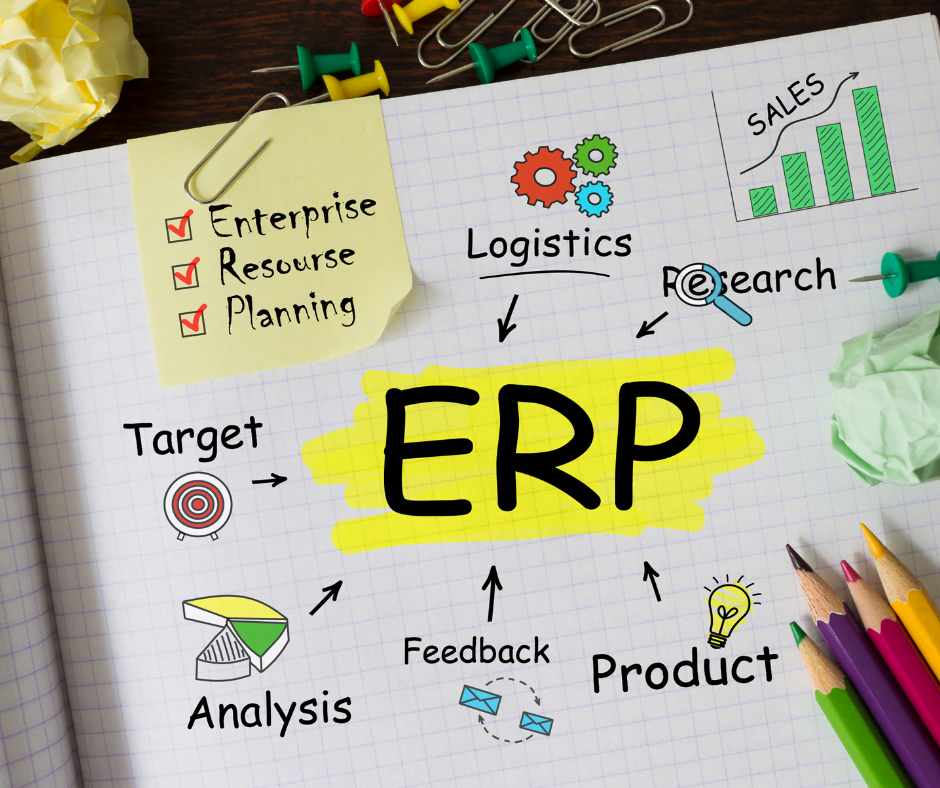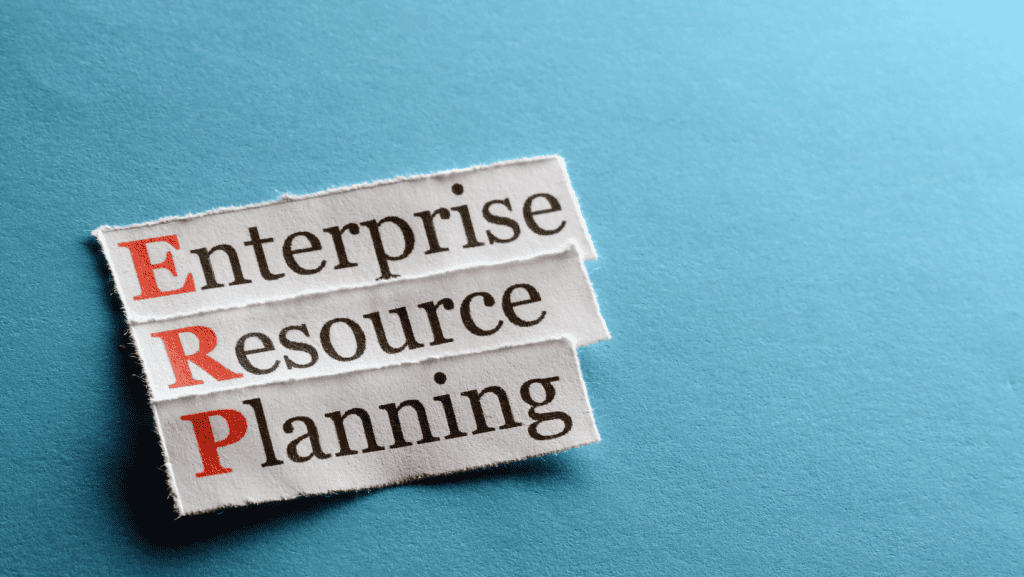An Enterprise Resource Planning (ERP) system is designed to streamline business processes, increase efficiency, and provide comprehensive data analytics. A modern ERP system can offer several advantages for a marketer working in a production company.

- Integrated Data: A unified database ensures marketers access real-time data from various departments, such as sales, inventory, and finance. This can aid in making well-informed decisions and crafting targeted marketing strategies.
- Customer Insights: With integrated CRM modules, ERP systems can provide a 360-degree view of customers, capturing their preferences, purchase histories, and interactions. This helps in segmenting the audience more effectively and creating personalized marketing campaigns.
- Inventory Management: Marketers can better align their promotions and campaigns by clearly viewing inventory levels. For example, if a particular product has excess stock, marketing can run promotions to move that inventory.
- Accurate Forecasting: With access to production and sales data, marketers can forecast trends more effectively, helping them prepare and optimize campaigns for anticipated market demands.
- Enhanced Collaboration: ERP systems foster improved communication between departments. Marketers can collaborate with sales, production, and procurement teams more seamlessly, ensuring alignment in promotional strategies.
- Streamlined Campaign Management: Some ERP systems may integrate with marketing automation tools or offer their own modules for campaign management, allowing marketers to run, track, and analyze campaigns all from one platform.
- Budget Management: ERP systems can help marketers track their spending, measure the ROI of campaigns, and optimize their budget allocations.
- Performance Analytics: Access to real-time data means marketers can measure the effectiveness of their campaigns instantly, making necessary adjustments as needed.
- Supply Chain Visibility: Understanding the supply chain can help marketers set realistic campaign expectations. For example, if there’s a delay in production, marketing can adjust product launch dates or promotions accordingly.
- Enhanced Digital Presence: Modern ERP systems often have e-commerce integrations or modules. For a marketer, this means they can ensure consistent product information across platforms, track online sales, and tailor digital marketing efforts.
- Product Lifecycle Management: Understanding where a product is in its lifecycle helps marketers decide how to position it, whether it’s a new launch, a mature product, or one near the end of its life.
- Regulatory Compliance: For companies in industries with strict regulations, ERP systems can ensure that marketing materials, product claims, and promotions remain compliant with the necessary standards.
- Improved Customer Service: With integrated information about customers, orders, and issues, marketing can ensure their strategies align with improving the overall customer experience.
An ERP system provides a marketer with tools and insights that enable them to craft more efficient, effective, and data-driven strategies, ensuring that marketing efforts align with the company’s overall production and business goals.

Wow that was odd. I just wrote an extremely long comment but after I clicked submit my comment didn’t show up. Grrrr… well I’m not writing all that over again. Anyways, just wanted to say fantastic blog!
SKAAR. Media clearly highlights ERP’s marketing advantages streamlining workflows, enhancing analytics, fostering collaboration, and elevating strategy.